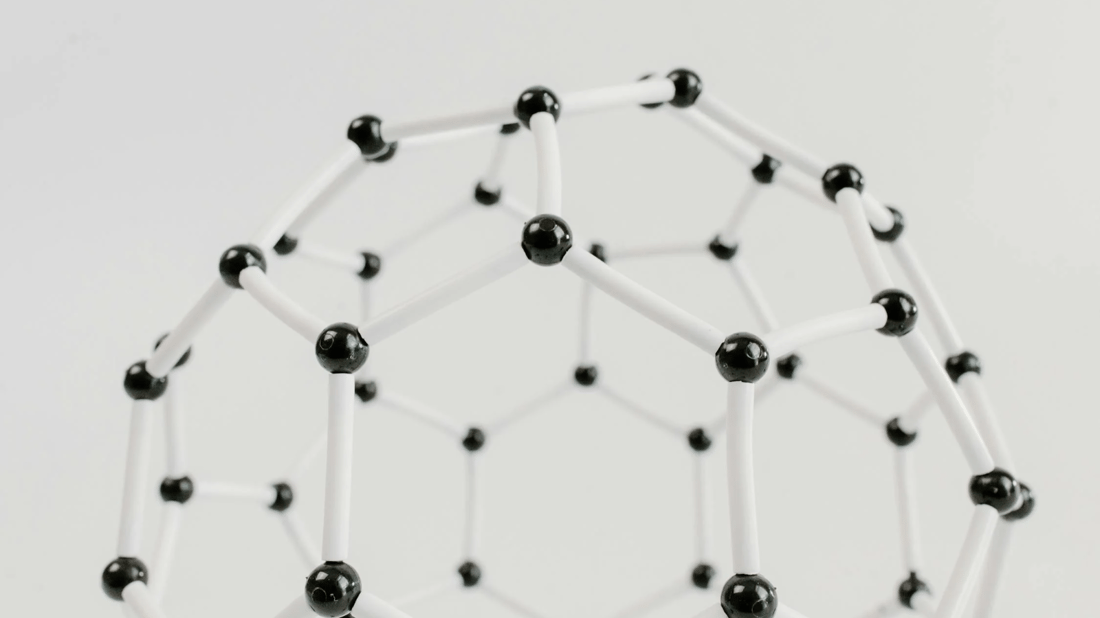Introduction
Nano Calcium Carbonate is a type of calcium carbonate that has particles smaller than 100 nanometers. It has various applications in industries such as plastics and rubber, construction, and healthcare. In this article, we will discuss everything you need to know about nano calcium carbonate.
What is Nano Calcium Carbonate?
Nano calcium carbonate is a chemical compound with the formula CaCO3. It is a white powder that is insoluble in water. It is used as a filler material in many applications due to its small particle size and high surface area. Nano calcium carbonate can be synthesized using various methods such as precipitation, sol-gel, and hydrothermal synthesis.
Applications of Nano Calcium Carbonate
Nano calcium carbonate has various applications in different industries. In the plastics and rubber industry, it is used as a filler material to improve mechanical properties such as stiffness, strength, and impact resistance. In the construction industry, it is used as a cement additive to improve durability and reduce carbon footprint. In the healthcare industry, it is used as a drug delivery system and in bone tissue engineering.
The Benefits of Nano Calcium Carbonate
One of the benefits of nano calcium carbonate is its small particle size, which allows it to disperse easily in different matrices. Its high surface area provides a larger contact area, which improves mechanical properties of materials. Nano calcium carbonate also improves thermal stability, weather resistance, and flame retardancy of materials.
Risks Associated with Nano Calcium Carbonate
Although nano calcium carbonate has many benefits, there are risks associated with its use. The small particle size of nano calcium carbonate increases its bioavailability, which may lead to toxicity concerns. It can also cause respiratory problems if inhaled in high concentrations. It is important to handle nano calcium carbonate with caution and follow safety guidelines.
Regulations on Nano Calcium Carbonate
Regulations on the use of nano calcium carbonate vary depending on the country and industry. In the United States, the Food and Drug Administration (FDA) has approved the use of nano calcium carbonate in food packaging materials. In the European Union, it is regulated under the Registration, Evaluation, Authorization and Restriction of Chemicals (REACH) regulation.
The Future of Nano Calcium Carbonate
The market for nano calcium carbonate is expected to grow in the coming years due to its increasing demand in various industries. Research on the use of nano calcium carbonate in biomedicine is also ongoing. With the development of new synthesis methods and applications, nano calcium carbonate is set to play a bigger role in shaping future technologies.
Nano Calcium Carbonate vs. Precipitated Calcium Carbonate
Nano calcium carbonate and precipitated calcium carbonate (PCC) are both used as fillers in various applications. However, the particle size of PCC is larger than nano calcium carbonate. PCC is produced using a chemical reaction between calcium hydroxide and carbon dioxide, while nano calcium carbonate is synthesized using various physical and chemical methods.
The Cost of Nano Calcium Carbonate
The cost of nano calcium carbonate varies depending on the method of synthesis, purity, and quantity. Generally, the cost of nano calcium carbonate is higher than that of conventional calcium carbonate due to its smaller particle size and higher surface area.
The Environmental Impact of Nano Calcium Carbonate
Nano calcium carbonate has a lower environmental impact compared to conventional calcium carbonate due to its smaller particle size, which results in lower carbon dioxide emissions during synthesis. It also improves the durability of materials, resulting in less waste. However, as with all chemicals, it is important to handle and dispose of nano calcium carbonate properly to minimize its environmental impact.

